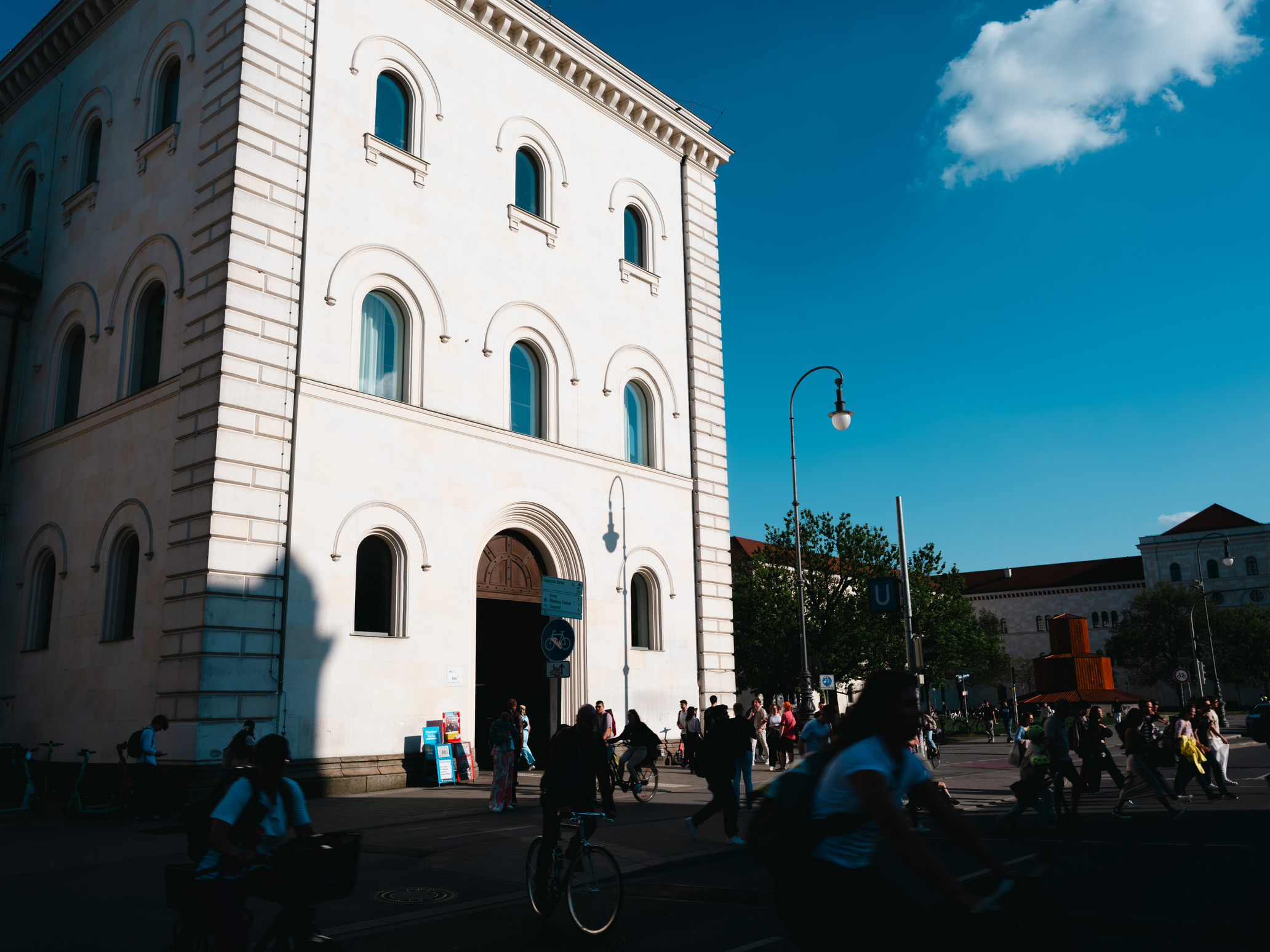The ISI Wealth Conference 2025 in Munich
At LMU Munich, a new conference is negotiating the pressing question of our present day: What does wealth do to us and what do we do with wealth?

When you talk about wealth, you don't just talk about money. He or she talks about origin, about influence, about the promise of security and about permission not to have to do anything. And anyone who is silent about wealth leaves precisely these questions to those who own it.
From October 9 to 11, 2025, the Munich International Stone Center for Inequality Research (ISI) at Ludwig-Maximilians-University Munich does not want to remain silent. It invites you to the ISI Wealth Conference 2025, and this title is meant programmatically. Because it is about wealth, but above all about what it leaves behind: traces in biographies, upheavals in democracies, gaps between lives.
The conference is not just a meeting, but an attempt. An attempt to bring together clever voices who are not satisfied with describing the status quo. Annette Lareau, sociologist from the USA, conducted in-depth interviews with 82 racially diverse, wealthy families (median wealth $25 million) to explore how great wealth shapes both privileges as well as often-overlooked conflicts and constraints in family life, especially for young adults. Lane Kenworthy will challenge our perspective on inequality as the main problem based on his forthcoming book "The Good Society". Examining cross-country evidence of the effects of inequality on living standards, democracy, equality of opportunity, longevity, and health he argues that inequality is indeed a problem, but that bringing up living standards and the bottom should have higher priority. Both remind us that justice is not a product of chance, but a question of institutional decisions.
And then there is Fabian Pfeffer, the founding director of ISI. A sociologist with a sense for images that say more than just a fact sheet. If he compares Elon Musk's fortune with a tower of one-dollar coins that reaches far behind the moon, that's not a rhetorical trick. It is an indication of excess. On the distance that lies between one tower and the everyday life of most people.
Pfeffer talks about the wealth inequality of the bottom 99 percent. What is meant is: The big story about wealth as a reward for achievement has cracked. In Germany, ten people control more than 200 billion US dollars. At the same time, there is a lack of teachers in classrooms, staff in nursing homes, and affordable housing in cities.
The conference is open to new voices. Young researchers are expressly invited to ask uncomfortable questions and question old answers. What is a fair society? And can this even be achieved with the existing rules?
Much of this conference is still open. And that is probably their biggest strength. Because anyone who talks about wealth without talking about power remains on the surface. But anyone who is prepared to think in depth and history realizes that what wealth leaves behind is not just capital. They're patterns. They are privileges. They're opportunities.
And maybe, if enough people are watching, a commitment too.
A limited number of participant spots remain available for audience members at our upcoming conference. You can register using the following link.
The final program is available here.
%20(1)%20(2).jpg)
%20(1).jpg)
